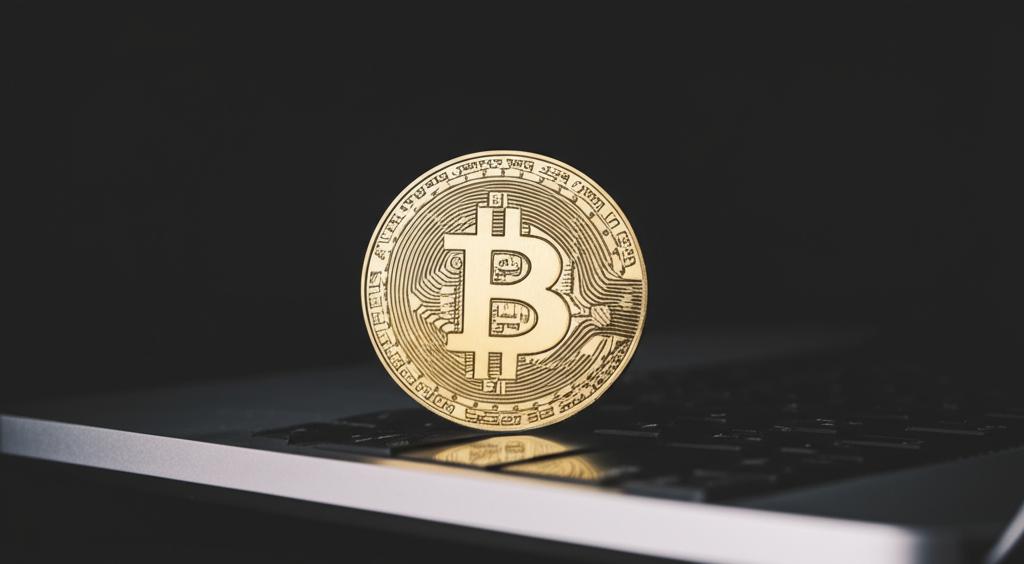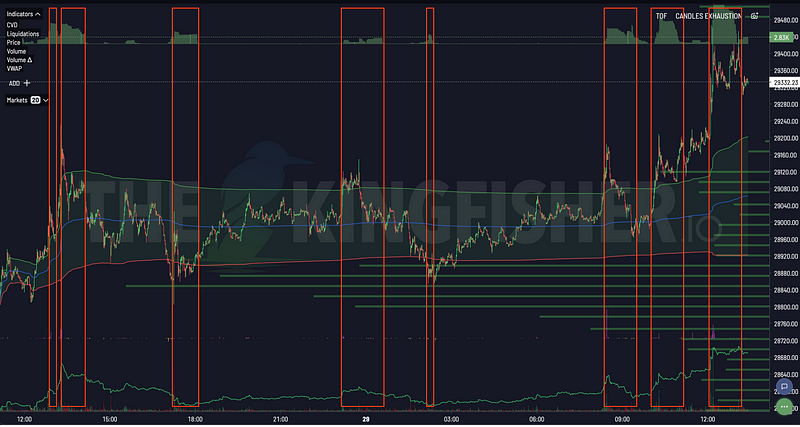
How Does Volatility Affect Option Pricing?
Option pricing is a crucial aspect of derivatives trading, and understanding the factors that affect it is essential for traders and investors. One of the primary factors influencing option pricing is volatility. In this article, we will explore how volatility impacts the pricing of options and discuss its significance in the world of trading.
Understanding Volatility
Before delving into the relation between volatility and option pricing, let's grasp what volatility represents. Volatility refers to the degree of variation or dispersion in the price of a financial instrument over time. It is often used as a measure of risk, with higher volatility indicating increased uncertainty and potential for large price swings.
Implied Volatility
Implied volatility is an estimate of future volatility derived from the market price of an option. It represents the market's perception of the potential price fluctuations in the underlying asset during the option's term. The higher the implied volatility, the more expensive the options become, as there is a greater probability of significant price movements.
Impact of Volatility on Option Pricing
Volatility plays a critical role in option pricing through its effect on the option's time value. Time value is the portion of an option's price that reflects the possibility of the underlying asset's price changing before the option's expiration date.
When volatility increases, the time value of options tends to rise. This is because higher volatility increases the likelihood of larger price swings, making it more probable for the option to move into a profitable state. Consequently, the premium, or price, of the option increases.
Conversely, when volatility decreases, the time value of options declines. With lower volatility, the probability of significant price swings decreases, resulting in a reduction in the option's premium.
The Relationship Between Volatility and Option Premium
The relationship between volatility and option premium can be defined by the concept of vega. Vega is one of the option Greeks, measure the changing value of an option concerning changes in volatility. A positive vega indicates that as volatility increases, the option's price will also increase. Conversely, a negative vega means that as volatility decreases, the option's price will decrease.
FAQs
Q: How does volatility affect the value of an option?
A: Volatility has a direct impact on the value of an option. When volatility increases, the option's value also increases due to the higher likelihood of larger price swings. On the other hand, when volatility decreases, the option's value decreases.
Q: Why is implied volatility important in option pricing?
A: Implied volatility represents the market's expectation of future price fluctuations. It plays a crucial role in option pricing as it influences the premium or price of an option. Higher implied volatility leads to higher option prices, while lower implied volatility results in lower option prices.
Q: How can traders benefit from understanding the relationship between volatility and option pricing?
A: By understanding the relationship between volatility and option pricing, traders can make more informed decisions. They can identify opportunities for option strategies based on volatility expectations and adjust their trading approach accordingly. Additionally, understanding volatility can help traders manage risk by implementing appropriate hedging strategies.
Conclusion
Volatility significantly affects option pricing by influencing the time value of options. Higher volatility generally leads to increased option prices, while lower volatility leads to decreased option prices. Traders and investors must consider volatility when evaluating and trading options to make informed decisions and effectively manage risk.






